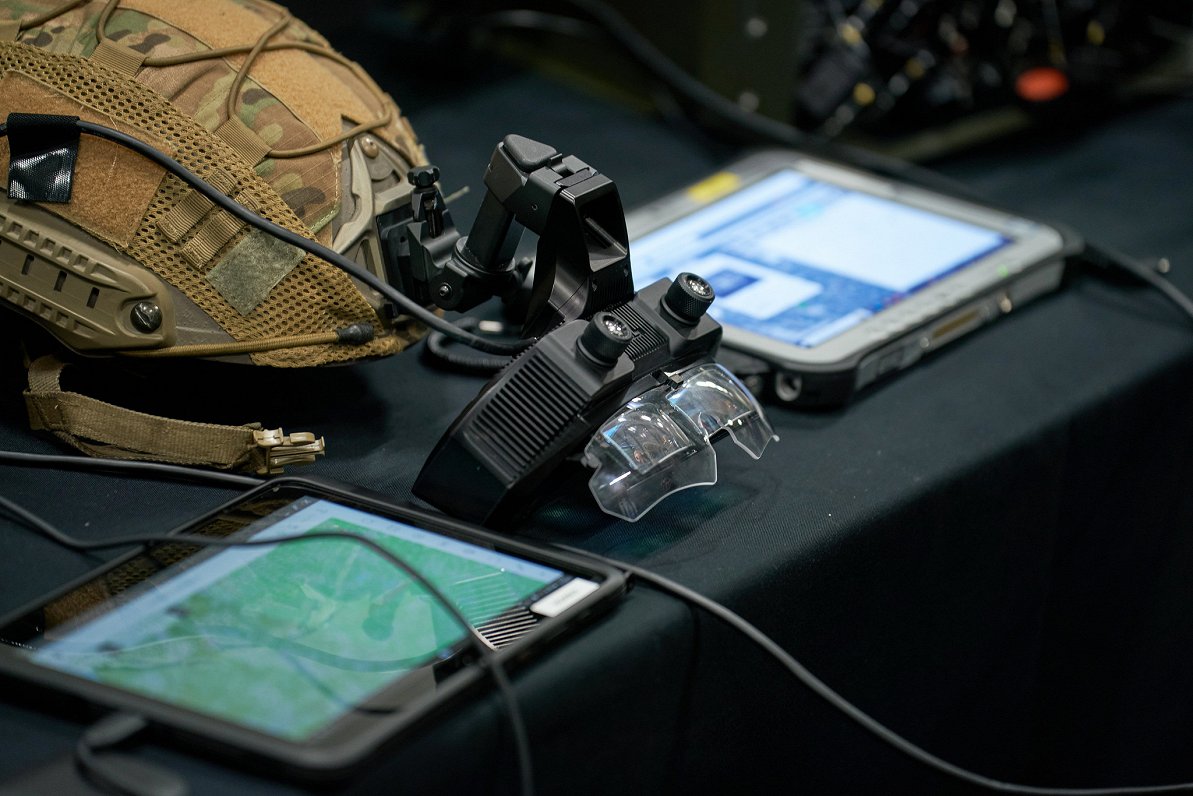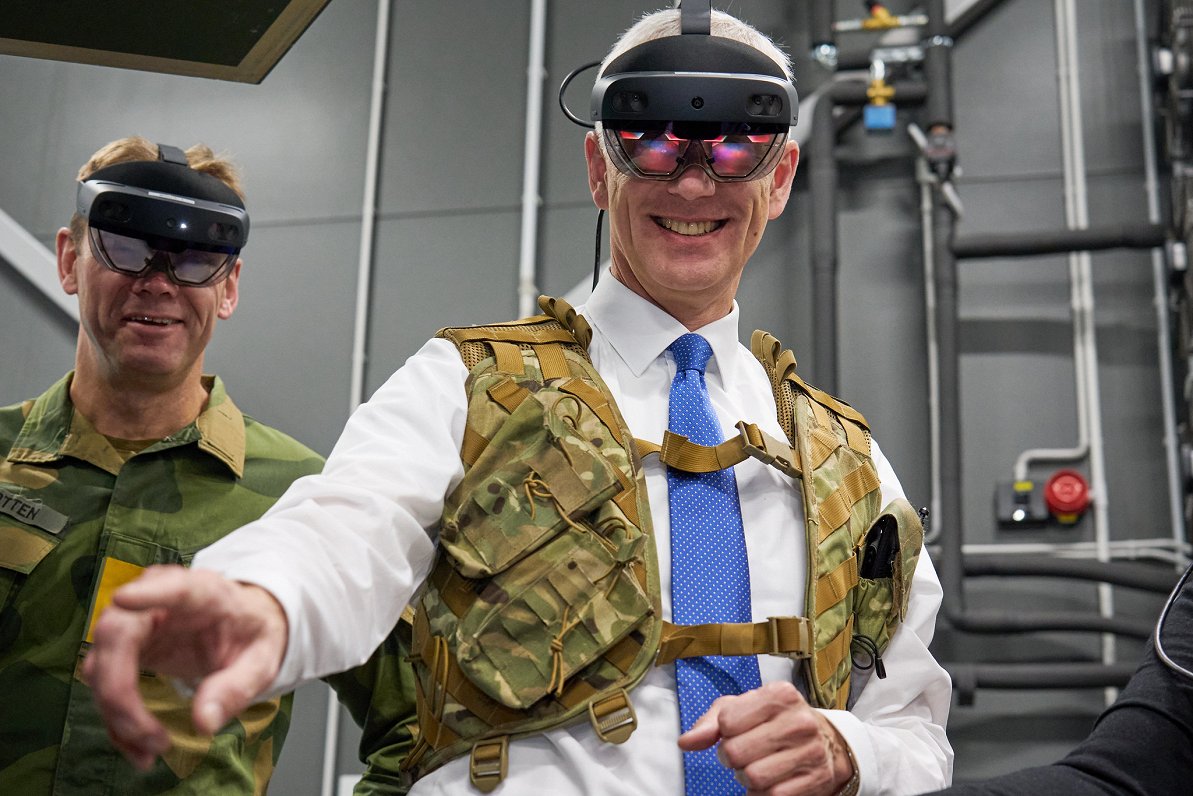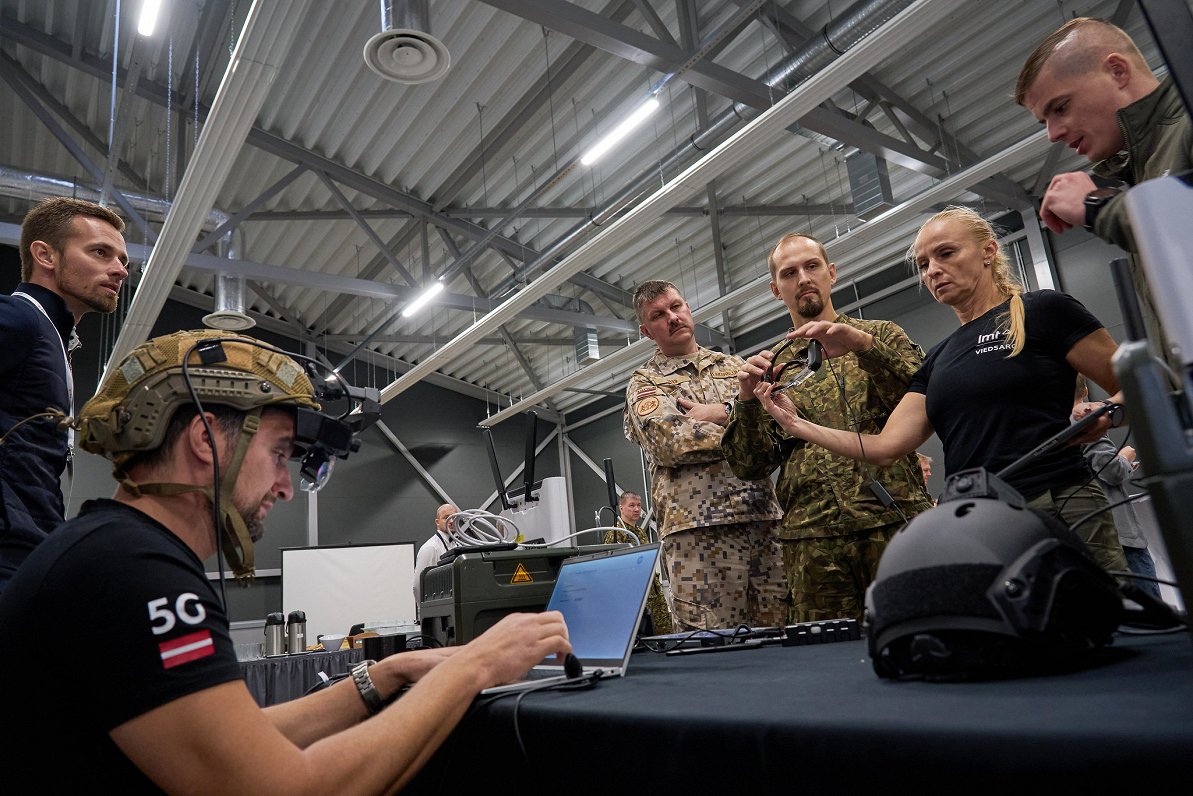NATO has launched a new innovation fund and defense innovation accelerator initiative in a concerted effort to stay ahead of technological advances and cyber challenges posed by Russia and China.
Almost two dozen leaders of the 30 allied counties signed a letter of commitment on 30 June 2022 to establish the NATO Innovation Fund – a multi-sovereign venture capital fund. This first-of-its kind fund will invest €1 billion in start-ups and deep-tech funds across 22 participating nations over the next 15 years.
Among the signatories were both Germany and the Baltic states, as well as most other European countries.

“Maintaining our technological edge has helped to keep our alliance strong and our nations safe for more than 70 years. But today, nations that do not share our values, like Russia and China, are challenging that lead. In everything from artificial intelligence to space technologies”, said NATO secretary general Jens Stoltenberg at the signing ceremony at the close of the alliance’s Madrid Summit. “It is essential that we do everything in our power to remain at the forefront of innovation and technology.”
The fund will invest first and foremost in ventures developing dual-use emerging technologies of priority to the military alliance. These include artificial intelligence, big-data processing, quantum-enabled technologies, autonomy, biotechnology and human enhancement, novel materials, energy, propulsion, and space.
“The NATO Innovation Fund will help bring to life those nascent technologies that have the power to transform our security in the decades to come, strengthening the Alliance’s innovation ecosystem and bolstering the security of our one billion citizens”, Stoltenberg said.
Engaging with the private sector
The fund is meant to work alongside the Defense Innovation Accelerator for the North Atlantic (DIANA) that will support the development of cutting-edge solutions and adaptation of dual-use emerging technologies
to critical security and defence challenges. DIANA will bring defence personnel together with start-ups and scientific researchers – not in military barracks but in places where innovation is taking place.
Program participants will receive access to a network of dozens of accelerator sites and more than 60 test centers across Europe and North America.
Unable to match their bigger neighbour in the East in manpower and military resources, the Baltic states have long since turned to IT as one means of protection.
“Estonia is a highly resilient ally and a frontrunner in developing cyber capabilities. It hosts the NATO Cooperative Cyber Defence Centre of Excellence and the CR14 foundation, which organises the NATO Cyber Range – a platform for cyber exercises and training”, said Admiral Rob Bauer the Chair of the NATO Military Committee in September, in praise of the country at the NATO Military Conference held in Tallinn.
Estonia together with the UK is set to create the European headquarters for the program. The Science and Business Park Tehnopol and the Tartu Science Park already started their work in August as the operators of the accelerator that will ultimately open its doors in 2023.
Latvia empowering 5G military solutions
Latvia has also taken a lead in developing necessary and innovative solutions for the defense sector. Alongside a mobile cyber range that was used during military exercises, a mobile platform with the usage of internet of battlefield things (IoBT) for public safety called “Viedsargs” (“Smartguard”) has been developed in close partnership between the private and public sectors. It is designed to support military communication, special sensor systems, artificial intelligence and computer vision solutions. For this project, the technology company LMT teamed up with Ministry of Defense and Riga Technical University.
LMT is also working on drone technology, a specialized balloon platform for aerial surveillance, and, in collaboration with the National Armed Forces, has set up Europe’s first 5G military test site. Located at the Ādaži Military Base which also houses one of the four NATO battle groups on the Eastern flank, it has a functioning 5G base station and 5G coverage throughout the site, making it possible to test and create new generation mobile technologies.
The ecosystem and infrastructure provide for developing and experimenting with various sensors, defence systems, and platforms, including unmanned solutions. One of the first innovations up for testing after the launch of the site in November 2020 was Latvia-made virtual and augmented reality glasses for medical training.
“Here at the military base it is possibly like in a laboratory to look what works, what does not work and what in the near future in principle will be implemented in the Latvian Armed Forces and for ensuring the defense system in all NATO allied countries”, explained Commander of the Latvian National Armed Forces Leonīds Kalniņš during a recent visit of Latvian Prime Minister Krišjānis Kariņš and then-Defense Minister Artis Pabriks at the site.

Under the leadership of LMT and with the support of the Ministry of Defense, Latvia is further represented in two interconnected NATO 5G research projects: NIAG study 5th Generation International Mobile Telecommunications for NATO Operations and NATO STO study 5G Technologies Application to NATO Operations. On top of this, the Baltic state is also participating in the European Defence Fund project iMUGS (integrated Modular Unmanned Ground System) where modular unmanned ground systems are developed and 5G network tests are planned in relation to the autonomy of military platforms (tanks and drones).
Indeed on December 30 the Latvian Ministry of Defense announced the winners of its 2022 grant project competition by making a decision to award grants to four Latvian companies to support the development and implementation of innovative military or dual-use products.
An ward of 137,126 euros goes to to SIA "Brasa Defense Systems" to supplement the "Natrix" land platform with a remotely controlled weapon system.
SIA "Watex" has been awarded 45,000 euros for the development of a prototype of a mobile water purification station, which could help to overcome the threats of chemical, biological, radiological and nuclear materials.
EUR 19,146 has been allocated to SIA "Temeso" for the idea of improving the mounting support of the CVRT weapon, while SIA "Baltic Bullets" has received EUR 12,000 in support to manufacture and test a shell-less ammunition weapon.
During the implementation of the projects, the experts of the National Armed Forces will provide consultations to the companies. Since 2018, 25 military or dual-use products have been supported as a result of five grant project competitions, with the total amount of funding reaching almost two million euros.
This feature is reproduced by kind permission of the the German-Baltic Chamber of Commerce in Estonia, Latvia and Lithuania and their Baltic Business Quarterly magazine. You can read more about the Chamber at the official website and find out more about Baltic Business Quarterly magazine here: https://www.ahk-balt.org/lv/publikacijas/zurnals.






















